
Sore nipples are the most common breastfeeding complication and the most common reason women give up breastfeeding.
Cracked nipples are characterized by red, irritated, and scabbed skin on or around the nipple. An estimated 38% of people who experience problems with breastfeeding have sore or cracked nipples.
What Causes Cracked Nipples?
Cracked nipples are most often due to nipple trauma. It can affect both men and women as a result of chafing against clothing or tissue damage from cuts or blows. It may be more likely if the nipples protrude more.
During breastfeeding, causes of cracked nipples include:
- problems with the baby’s latch
- not finding the optimal position
- not finding the ideal technique
- using a breast pump, particularly if the pump flange is too small.

Ozonated Olive Oil for Nipple Cracks
Medical experts recommend application of extra ozonated olive oil which has anti-inflammatory and bacteriostatic properties. Ozonated olive oil moisturizes the skin. In other words, it will help make those cracks disappear as soon as possible.
Ozonated olive oil helps prevent nipple cracking in lactating women. It has been shown to have protective effects when breastfeeding presents technical difficulties.
According to a study that evaluated the effectiveness of olive oil in the prevention of nipple cracking in lactating women, it was efficient in 97.3% cases. Olive oil helped reduce nipple cracking in breastfeeding women, even when feeding position is inadequate. Reduced nipple cracking reduces pain and improves breastfeeding.Also, no adverse effects occurred in mothers and newborns during the administration of olive oil.

Ozonated Coconut Oil for Nipple Cracks
Coconut oil is made of rich, saturated fats which aid retain the moisture content of the skin. An all-natural, delicious smelling moisturizer that soothes and nourishes, without the risk of irritating the skin. Applying ozonated coconut oil to human skin may enhance its protective barrier functions and has anti-inflammatory and antibacterial properties. Fighting candida, ozonated coconut oil was active against Candida albicans (C. albicans), suggesting it could be a treatment for candida. This may be due to the extract’s barrier functions and antiinflammatory properties.
Not only is coconut oil beneficial for your skin and promoting healing, it’s also safe. The best part about using coconut oil on your nipples is that it’s safe for your baby, so you don’t have to wipe it off before feedings.

Use Ozoanted Coconut Oil On Your Breast Pump Flange
Did you know you can actually use ozonated coconut oil on your breast pump flange to remove some friction between the pump and your nipples? It can make pumping so much more comfortable and you may end up pumping more milk because of it! Just rub a little bit of ozonated coconut oil around the flange area of your pump before you begin.


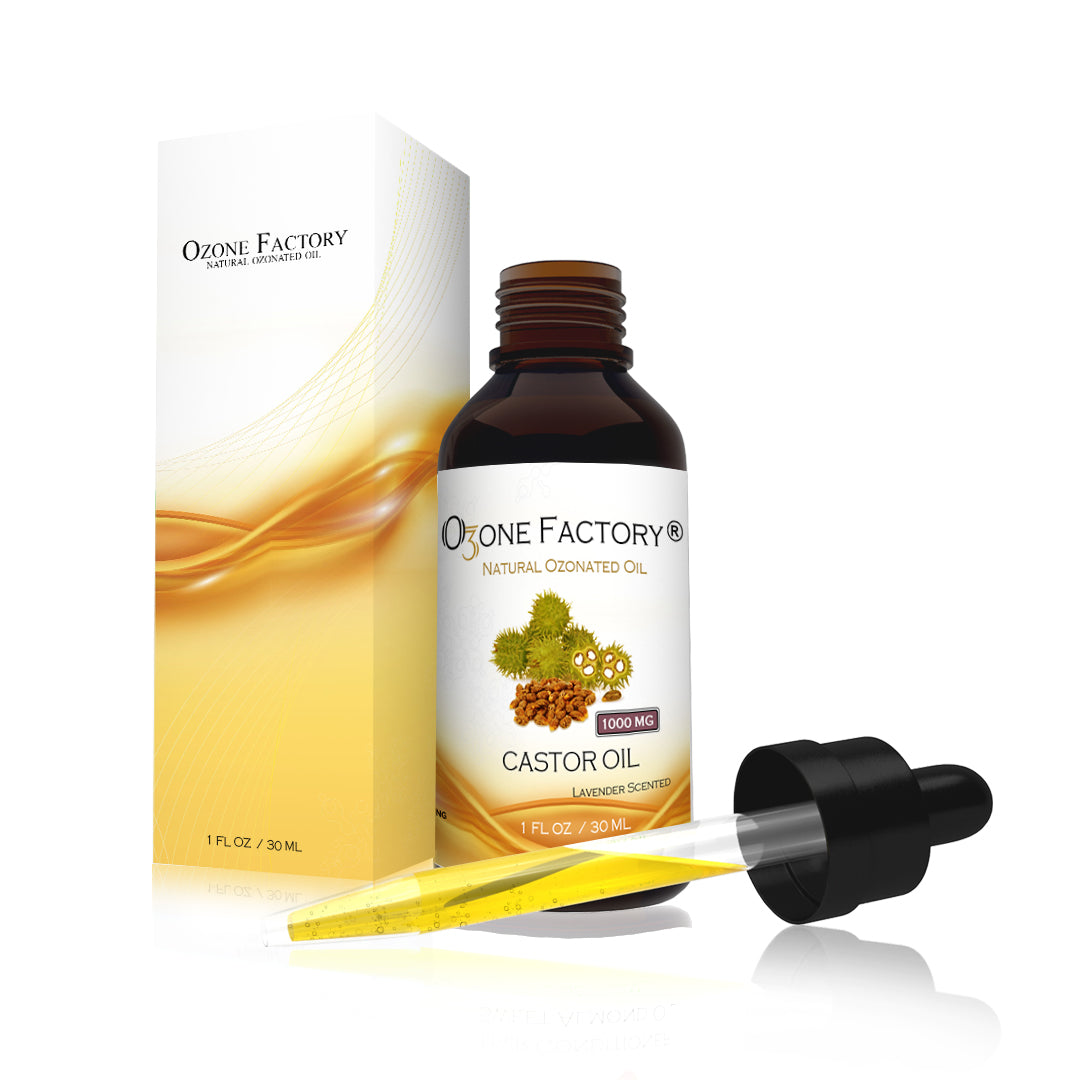
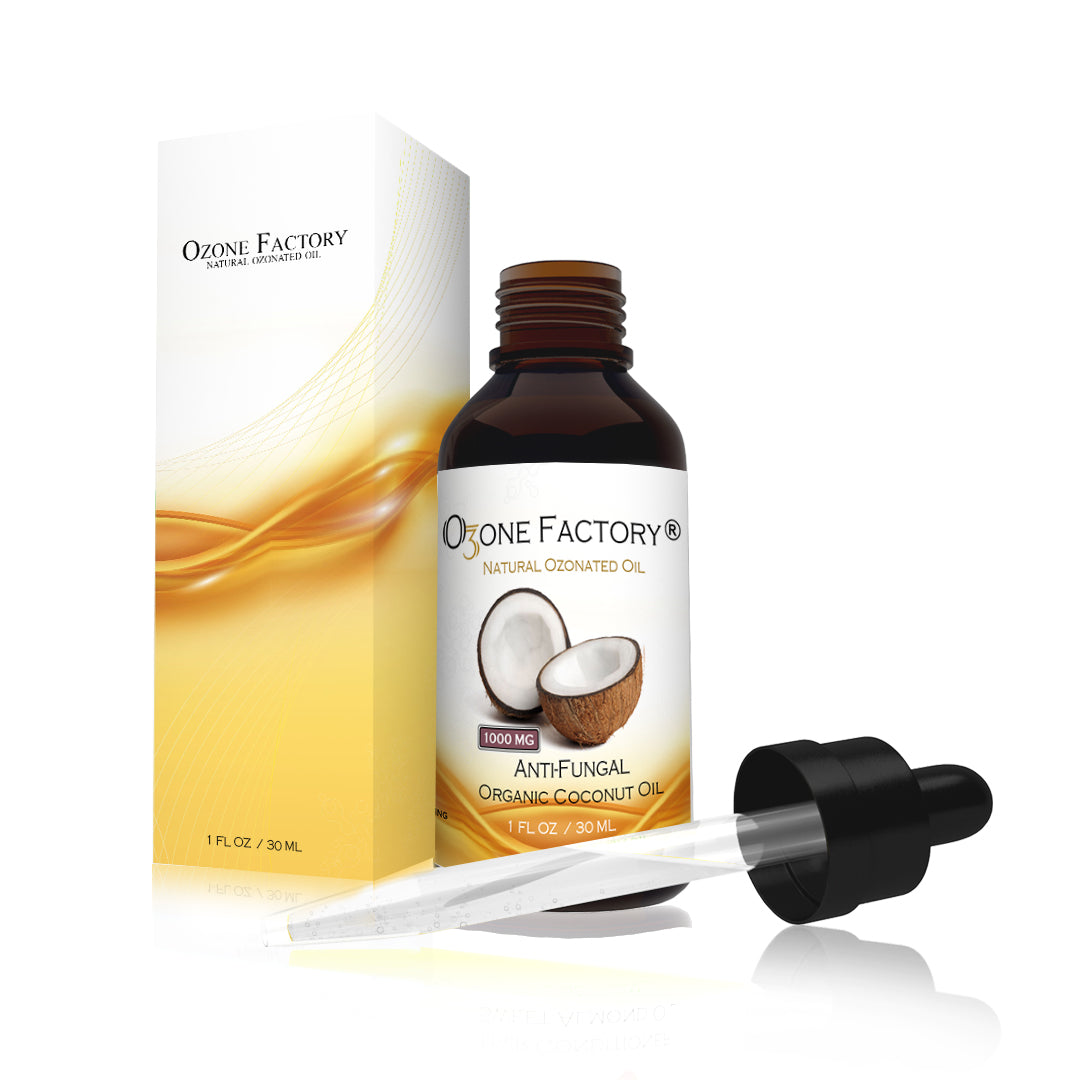

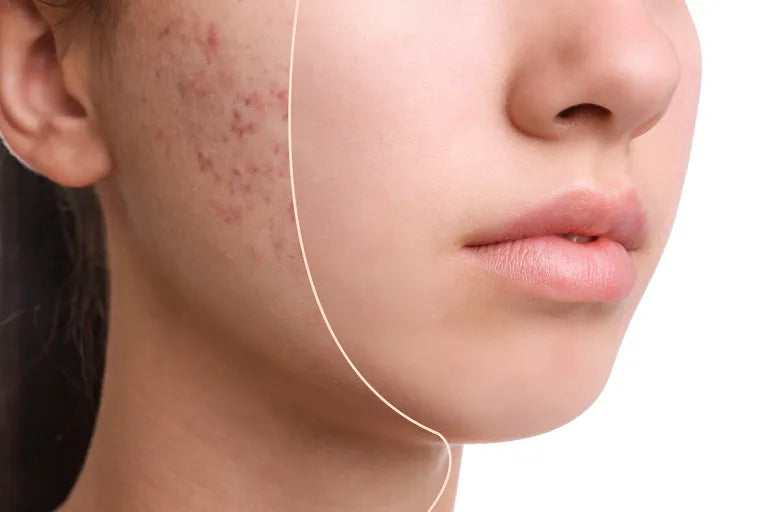
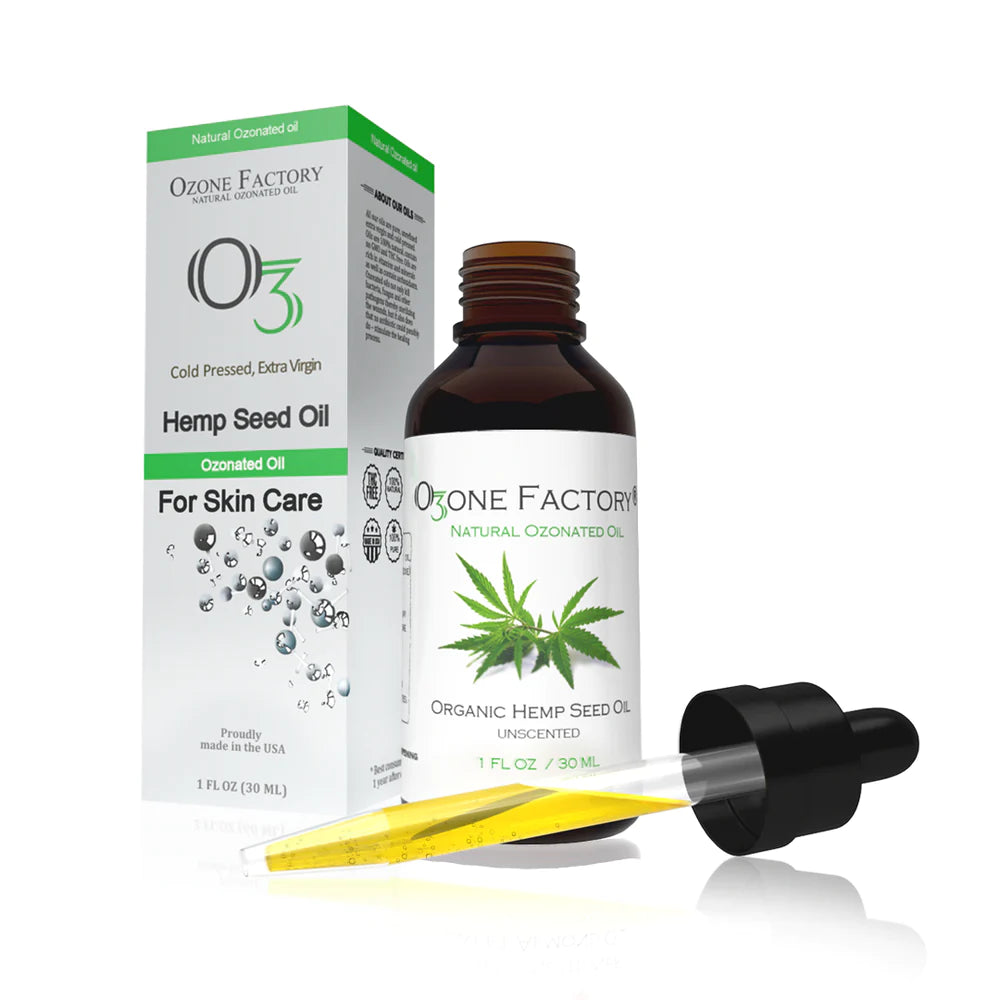
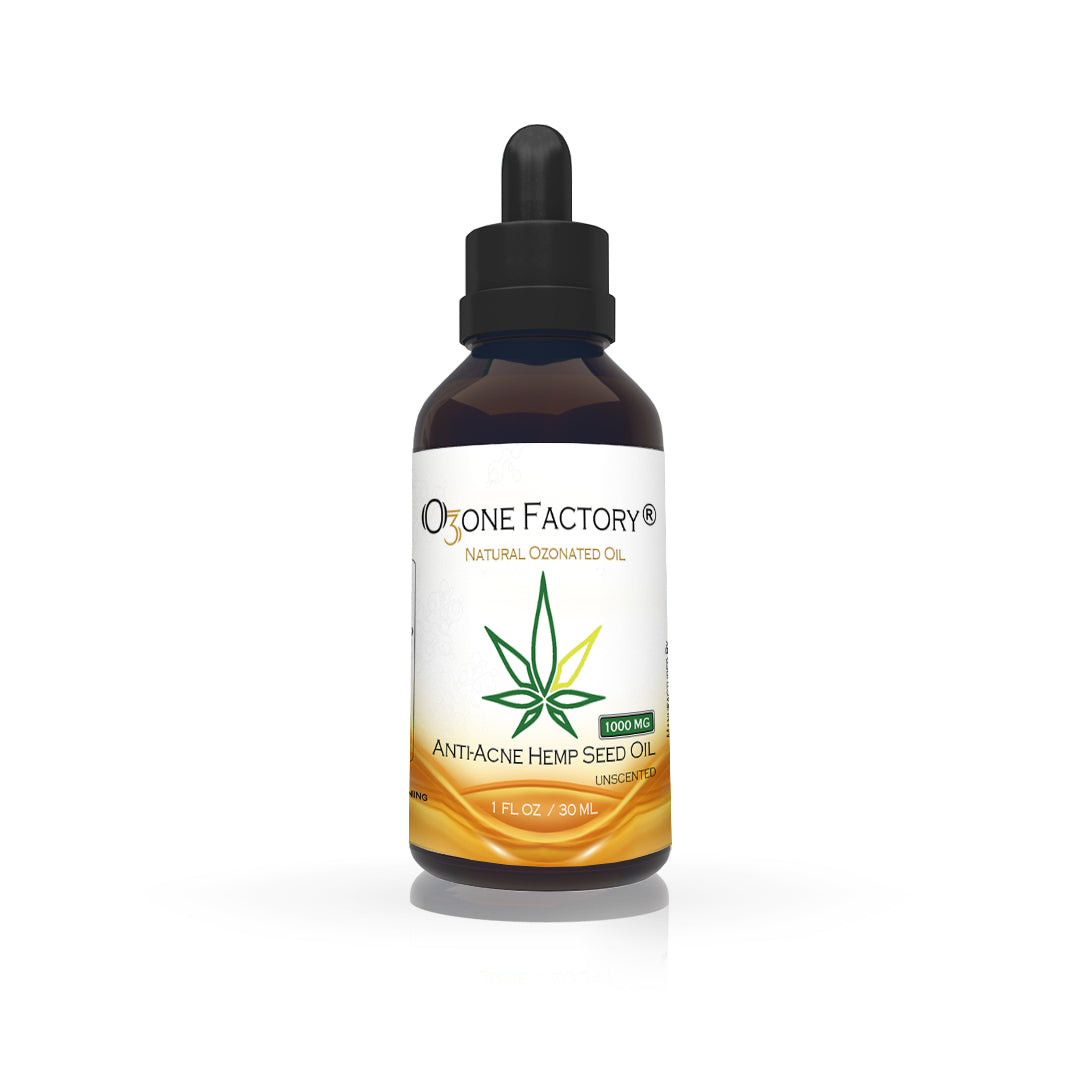
Hello,
I’m an IBCLC at Bon Secours Mercy St. Francis Hospital in Richmond Virginia. I also am a prenatal & breastfeeding educator for the entire Richmond Market (comprising St. Mary’s, Memorial Regional, St. Francis, Southside, Rappahannock, Southern Virginia, General, and Richmond Community hospitals).
Our hospital system is ramping up to prepare for World Breastfeeding Awareness Week, Aug 1-7.
Would you be willing to donate any amount of product to St. Francis hospital? We hope to educate and support our staff and patient population and think your brand would be a great way to engage people.
We recently finished a new 24 bed postpartum unit including a new outpatient clinic and are also considering products to keep in stock. Hopefully this may be considered a marketing opportunity as well.
Thank you so much for your time and consideration.
Kind Regards,
Colleen Ross
RN-MSN, IBCLC
13710 St. Francis Blvd
Midlothian, Va. 23114